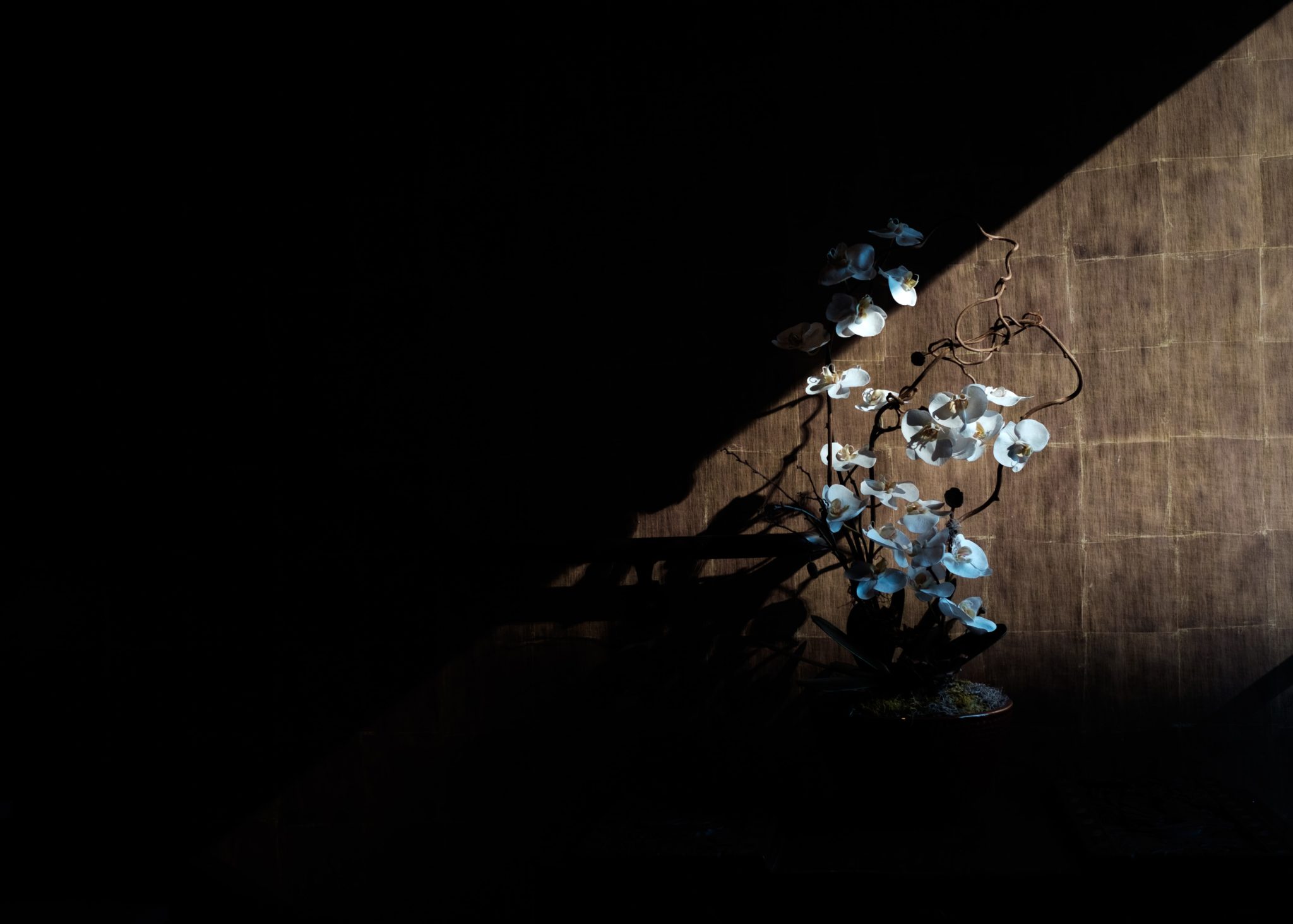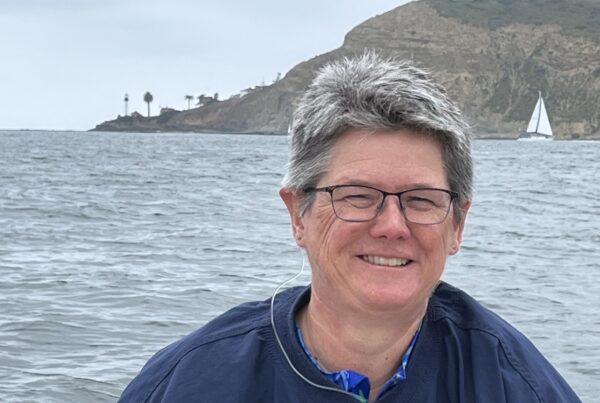W hen I think of death and resurrection, I naturally think of Christ: crucified on Friday, in the grave on Saturday, and gloriously raised to life on Easter Sunday.
I also think of the time I spent in the valley of the shadow of death, the months of hesitant hope that slowly pulled me from the darkness, and the restoring of joy as I held new life in my arms. That is to say, I think of my kids: my first child, who has died and now lives in heaven, and my firstborn, whose life would not exist without death.
I became a parent in a pandemic, and that was not without its challenges. We were figuring out “social distance” and saying “so long” to many of our norms. As the world began to grieve the wreckage of COVID-19, I grieved the loss of a child I had only known about for days. Sprouting dreams died along with that life. An intimate reckoning with death is not what I had expected in the wake of a celebratory Easter Sunday (albeit a quiet one at home). And I certainly didn’t know how to talk about miscarriage in a time of digital-only connection when the world was already oh-so-heavy. People barely have those words in the most normal of circumstances. In fact, there’s not a word for empty-armed, brokenhearted parents whose children are hidden in heaven.
Christ was there as I crumpled. In the days and months that followed, he was there as the shadows of death caught me off-guard, as fresh tears sprang forth, and as I insisted I was okay. My Lord carried me and comforted me. He sat in the suffering of sadness with me, an echo of the suffering he endured on the cross as he faced his own death.
I can imagine the depth of grief that Jesus’s friends and followers must have felt during his crucifixion and following his death. How profound must Mary’s anguish have been, a loving mother watching as her son died. The death of a loved one severely shapes the following hours and days, coloring them gray even if the rest of the world ignorantly dances in sunshine. What happened on calvary undeniably had a lifelong effect on all those who witnessed the Lord’s brutal death, but I find myself envious of those condensed hours, of a grief concluded after three days’ time. In the world as I know it, grief lingers.
Yet, unlike those eyewitnesses, we have something powerful on this side of Christ’s death and resurrection: hope. As Jesus shares in our suffering—yes, even in our death—he invites us to share in his resurrection. What a profound, immense lifeline.
I cling to that hope for my little one. I place my trust in the arms of a Savior who welcomed little children to him during his time on earth. I have to believe that he does the same in heaven, welcoming the littlest of his lambs into resurrected life. That image—this precious little bud of life gloriously living in the presence of their Maker—binds up the bitterness and leaves me with the sweetness of hope.
Though I hope, the scar of grief is still present. The resurrection of our Lord does not altogether remove the sting of death. Death cut short my time with this child, robbing us of knowing each other face-to-face. That hurts. Even Christ’s resurrected body bore the wounds that pierced his life. Through his victory over the grave and the promise of life with him, he gives the balm that makes brokenness and death somehow bearable on this side of heaven. I do not grieve as one without hope. And undying, founded hope is a powerful salve.
This chapter of my life—this child—is bathed in the hope of the Easter story. Not only is Eastertide when I most poignantly mark the life and loss of my first child, but it is the promise of Easter that continues to carry me through grief with hope. It is the triumph of Christ that gives light in death’s shadow. He stands in glory ready to share that victory with his beloved ones. And, thanks be to God, the joy and hope of Easter Sunday is not contained in a single day or season.
And so I stand on this side of heaven, wrapped in God’s everlasting love and goodness, with death’s shadow pushed back by the light of the resurrected Christ. Next to me is a child whose name means “born in hope,” a child who I see as a fulfillment of God’s faithfulness. God who has promised is faithful. Christ who has died is alive. With eagerness and longing, I await the day when the fullness of that victory is realized, a day of resurrection and reunion. Until then, I live with hope in my heart, comforted by the reality of a risen Lord.
Becky Getz is a writer and editor for the Reformed Church in America's communication team. You can contact Becky at bgetz@rca.org.




